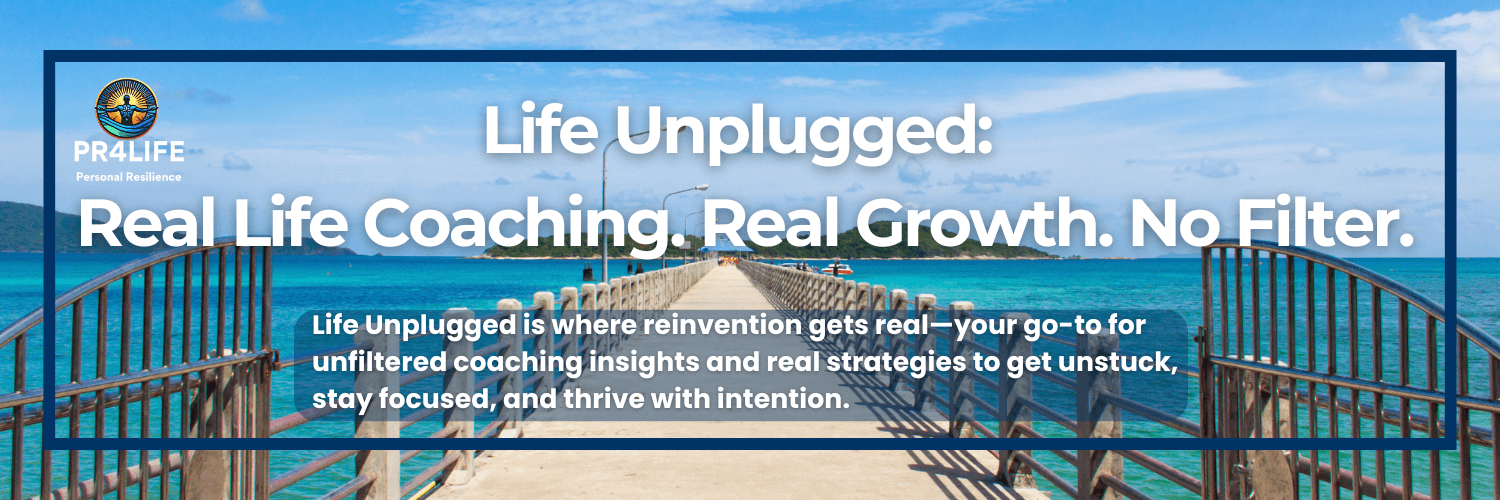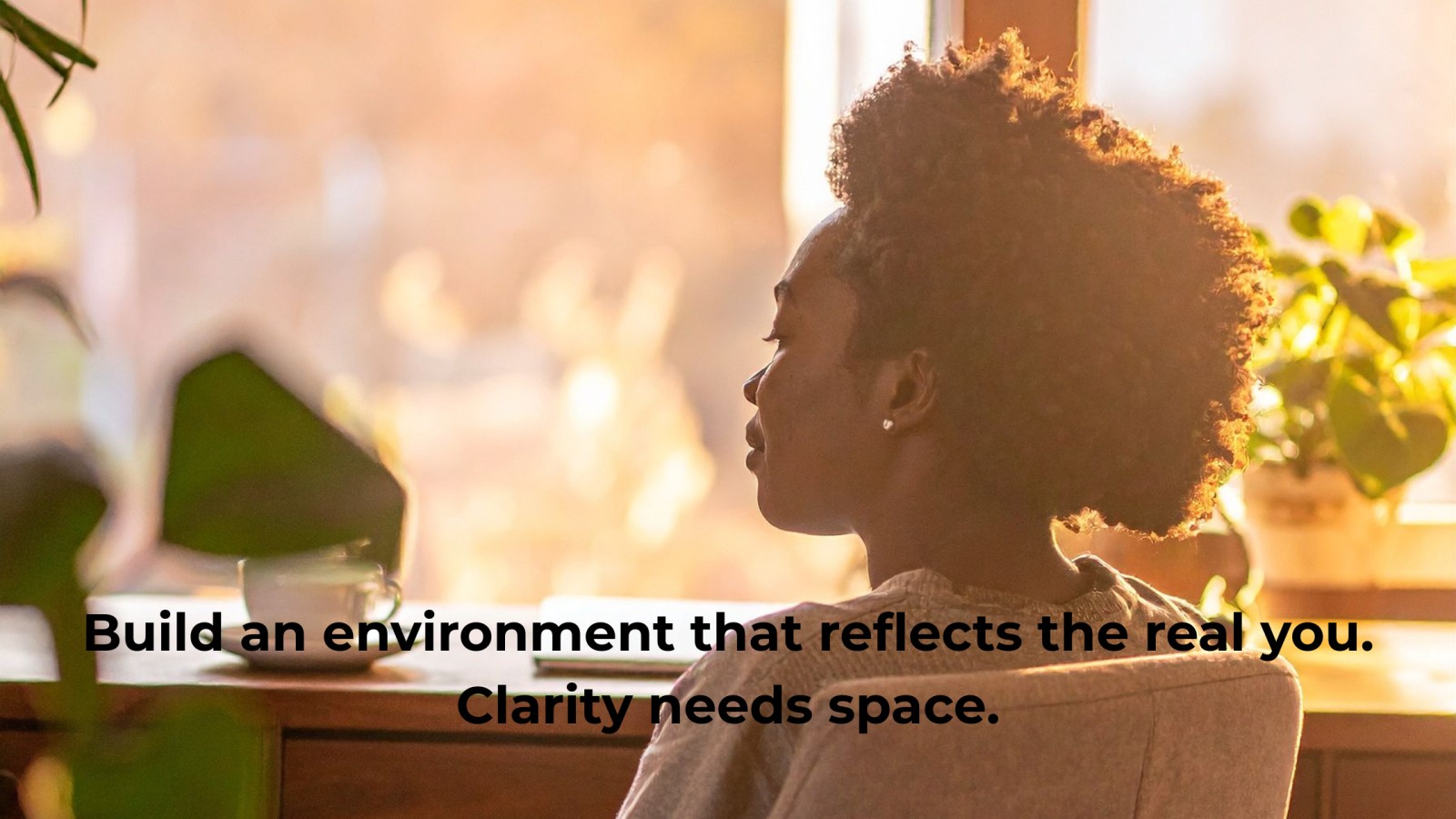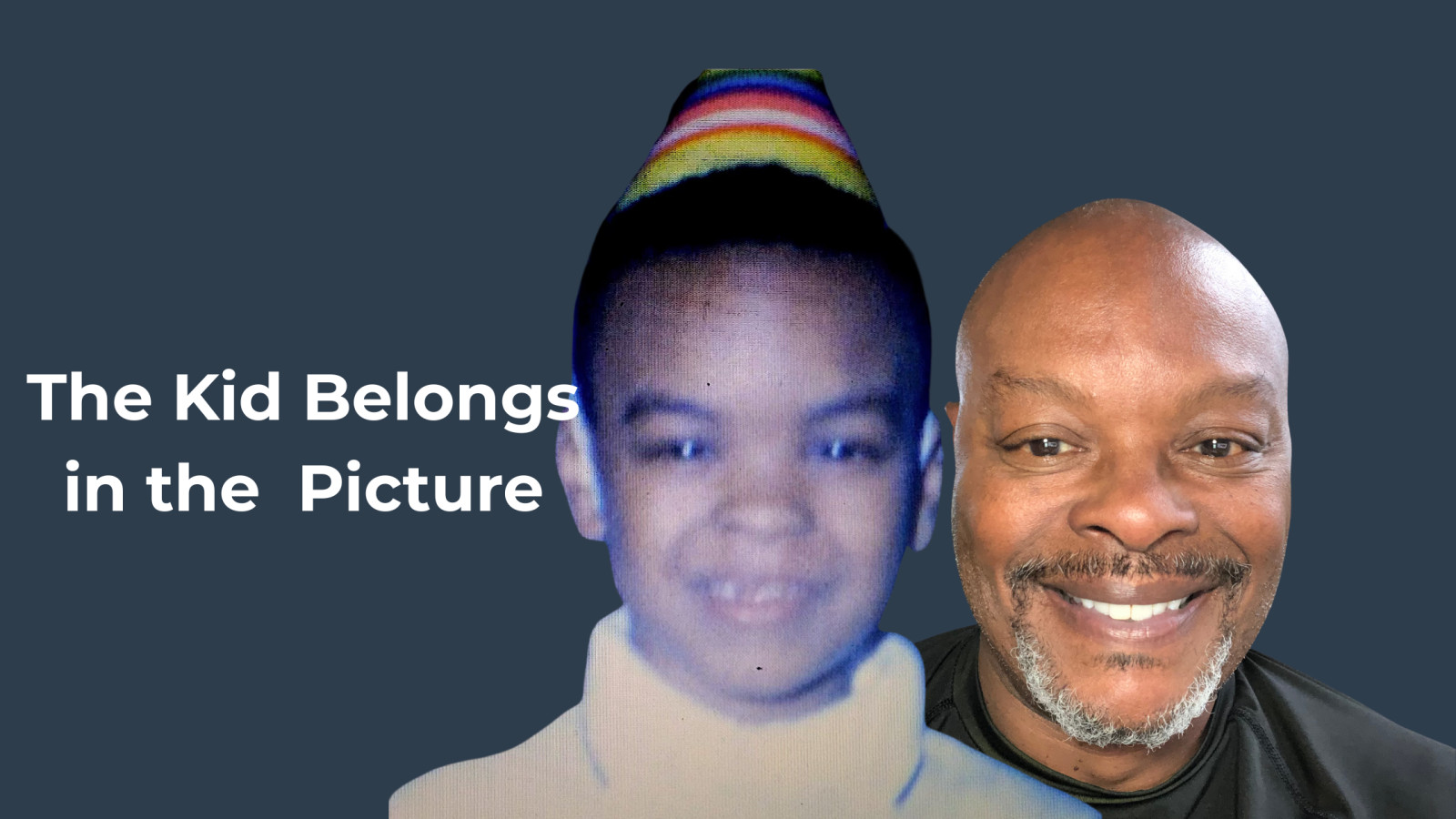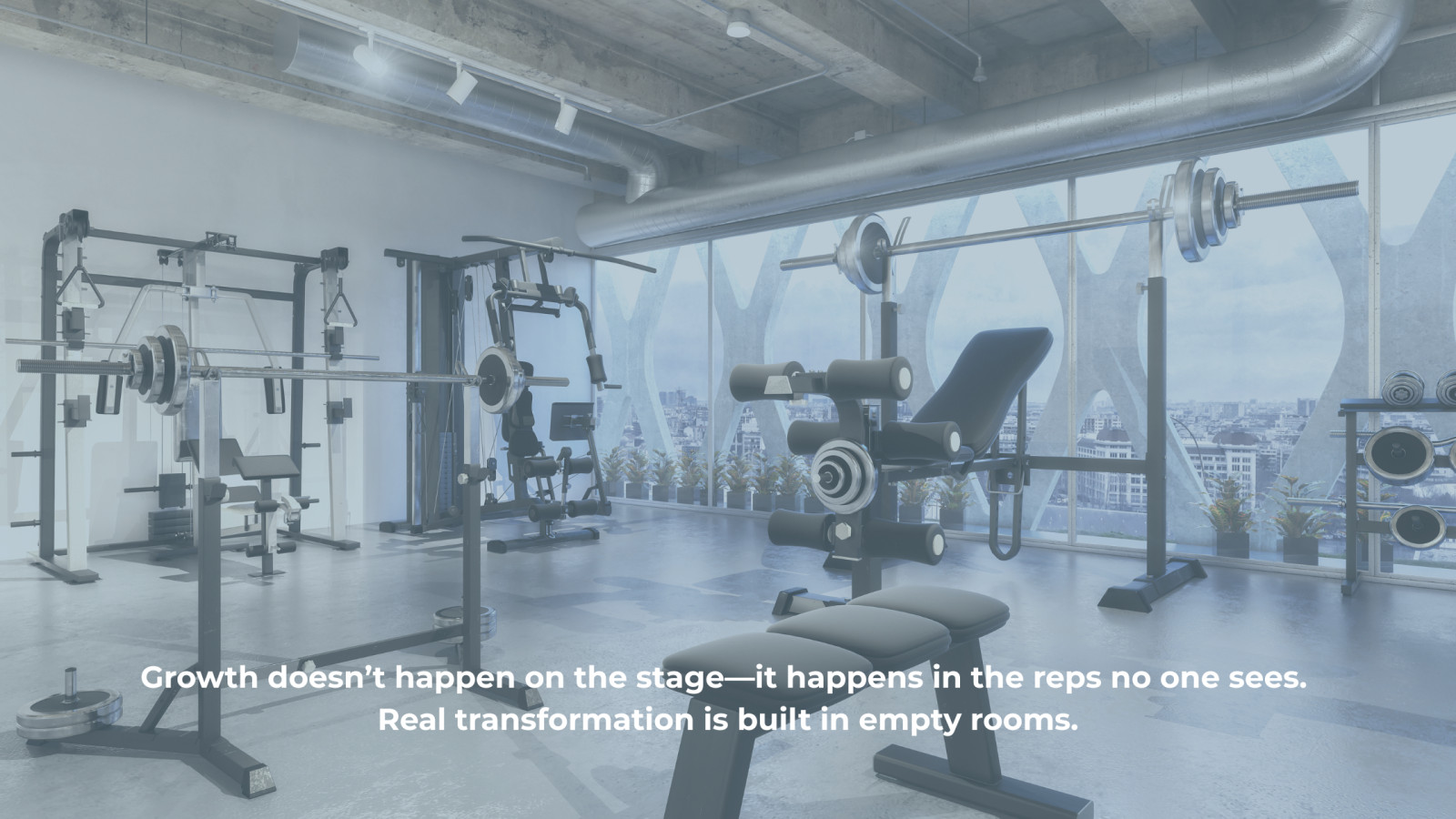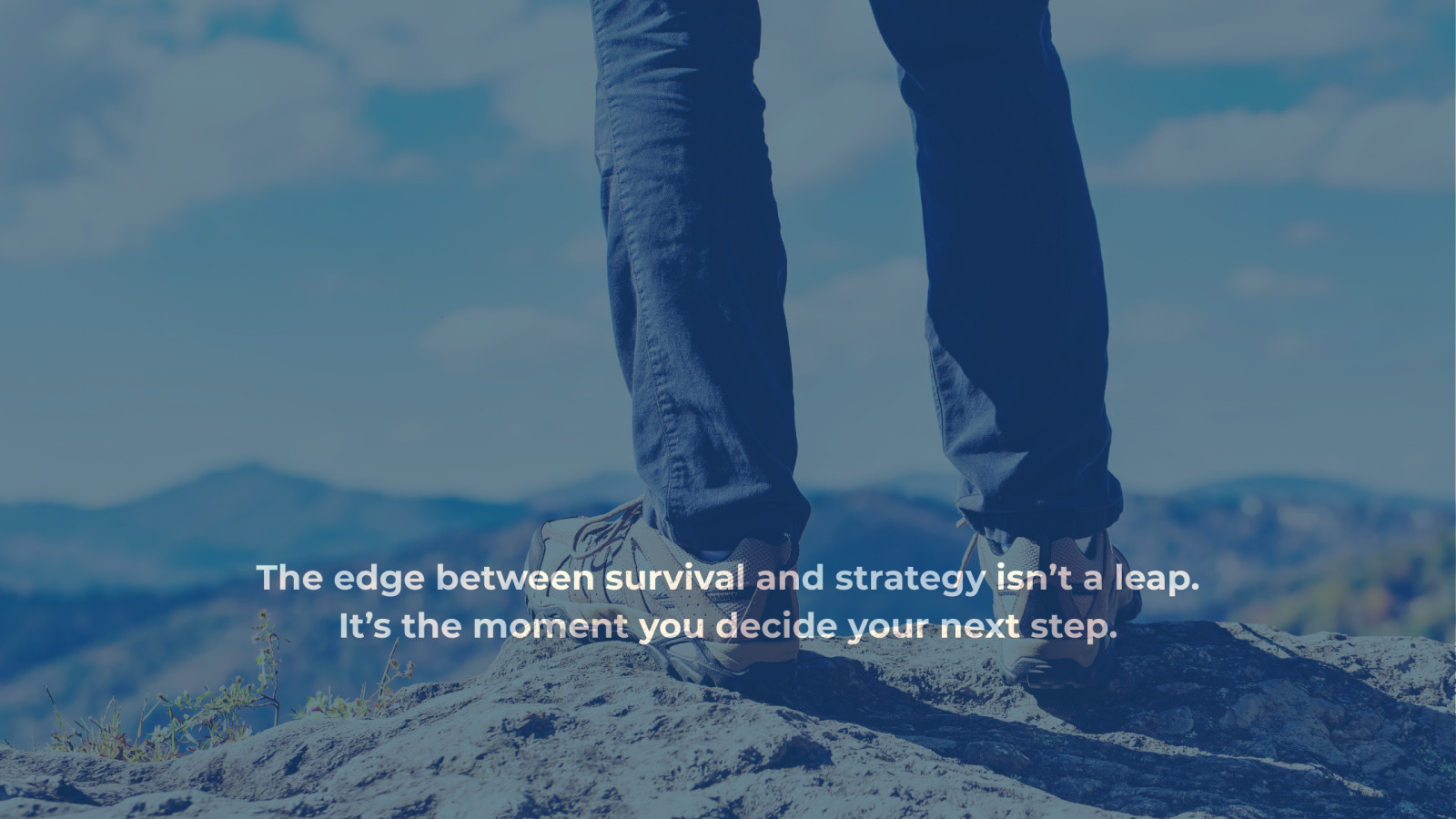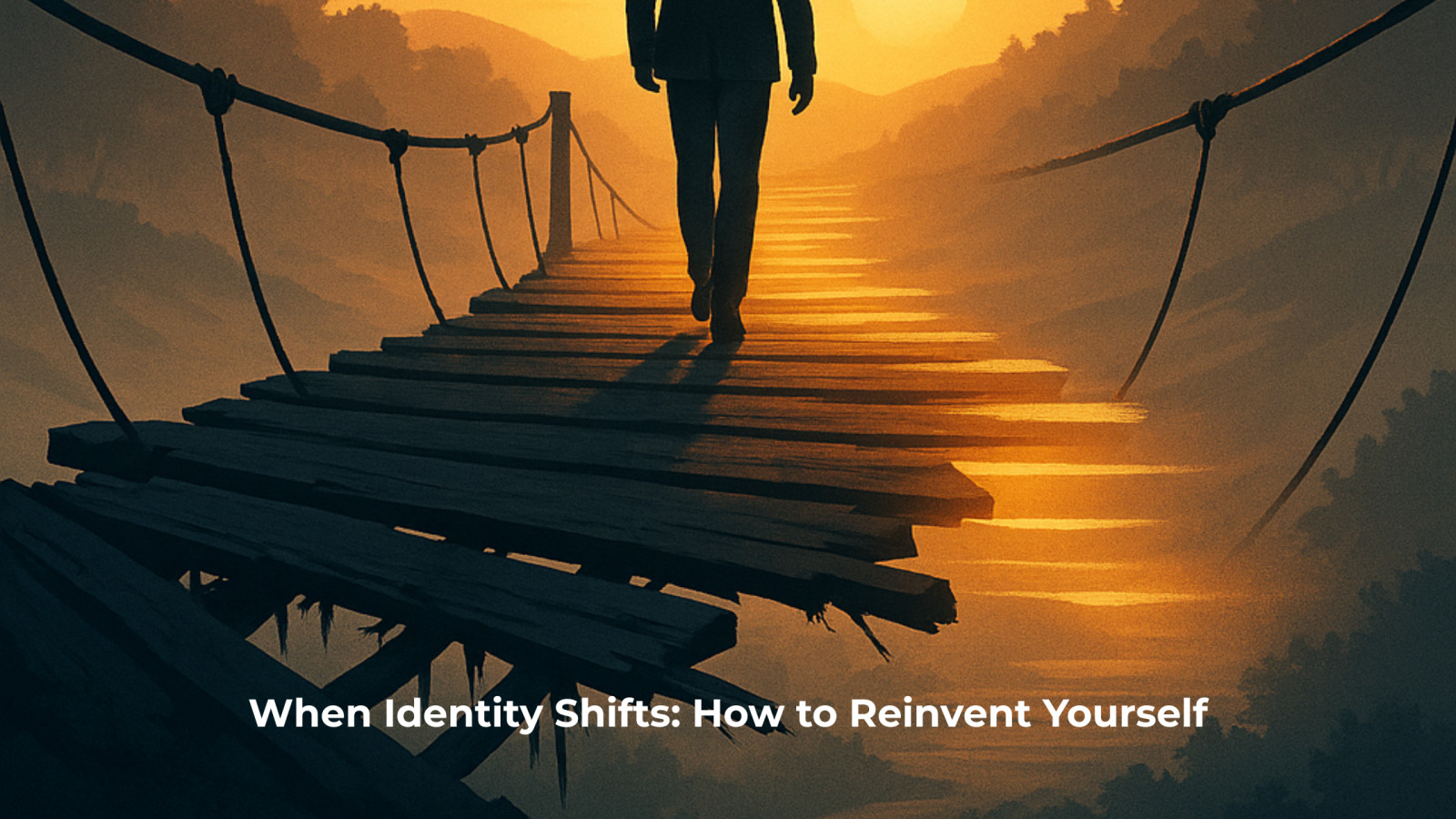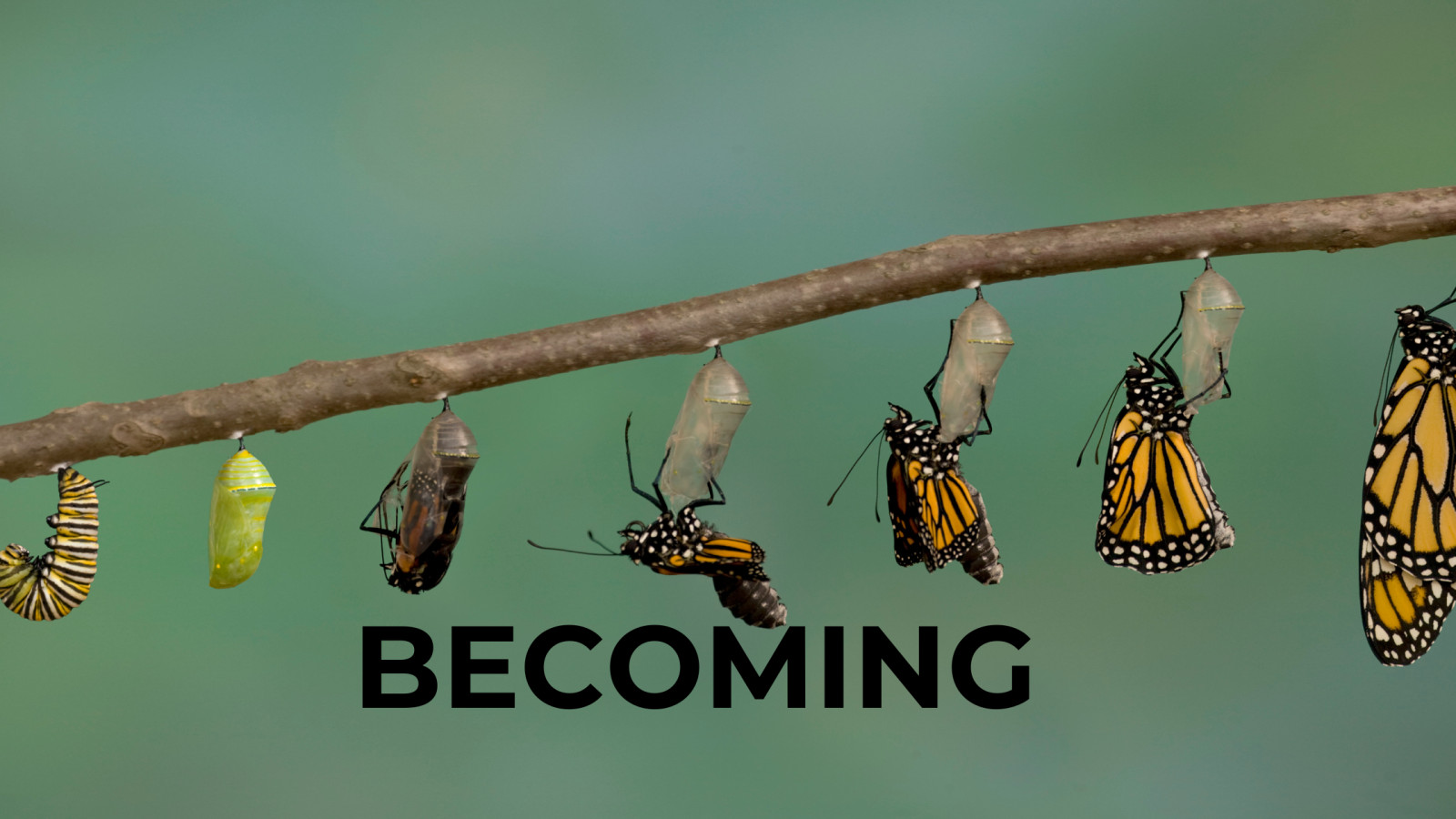
Letting go of old identities and embracing personal growth can feel daunting, akin to stepping into the unknown. Personal evolution often involves a tension between clinging to familiar aspects of oneself and stepping into a new, more authentic version. This process is not about abandoning the past but releasing elements that no longer serve us, allowing us to fully step into our truth.
Identity labels, such as "mother," "Black," or "creative," shape how we see ourselves and how others perceive us. These labels can provide a sense of structure and belonging but can also become confining, hindering our ability to explore new dimensions of our identity. Letting go of these labels means understanding that we are more than any single definition and giving ourselves permission to grow beyond them.
The process of letting go involves recognizing signs of misalignment, such as feeling restless or stuck, and taking actionable steps toward change. This includes acknowledging the shift, grieving the old version of oneself, leaning into discomfort, redefining values, and taking incremental steps forward. By releasing what no longer serves us, we create space for clarity, purpose, and alignment with our true selves.
Read more...
Can You Really Hear Me?: A Coach’s View on Listening
One unexpected benefit of my recent downsizing was the chance to spend some quality time with my mom. During the visit, we took care of an important medical issue — her hearing loss. After getting fitted with hearing aids, my mom smiled and said, “Now I won’t be embarrassed because I can’t understand what people are saying.”
That moment hit me hard. My mom has always been social, but I realized she had been withdrawing — not because she didn’t want to engage, but because she couldn’t fully hear and connect with others.
It got me thinking — how often do we really listen to each other? Not just hearing words, but understanding the meaning behind them. Stephen Covey said it best: “Most people do not listen with the intent to understand; they listen with the intent to reply.”
Listening is hard work. It takes focus, self-restraint, and a willingness to be fully present. In this post, I explore why we struggle to listen and share five practical tips to become a better listener — because when we truly hear each other, we create deeper trust and connection.
➡️ Read the full post to discover why listening matters — and how to get better at it.
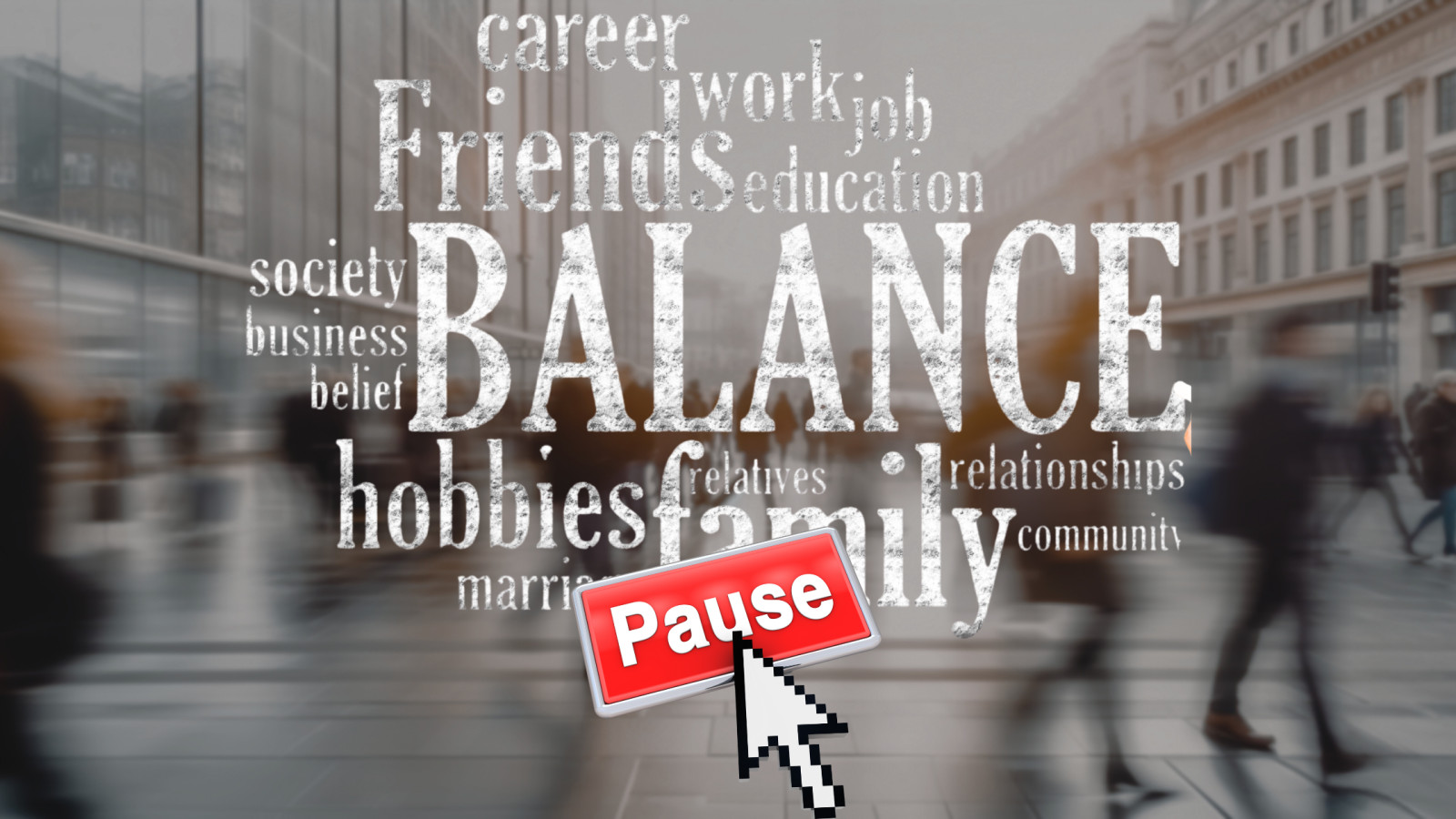
In a fast-paced world that glorifies hustle, taking a pause can be a radical act of self-care and transformation. The article elaborates on the idea that hitting the pause button is necessary to recalibrate, decompress, and realign oneself before stepping into the next chapter of life. Previous attempts to fill voids with immediate actions and decisions often fail to bring genuine change and instead trap individuals in a relentless cycle of monotony. Emphasizing the importance of taking meaningful pauses, the article argues that true transformation requires looking deeper than surface-level adjustments, focusing on radical self-honesty, deep reflection, and bold action.
In this pause, it's not about tweaking one's life; it's about fundamentally disrupting old patterns that do not serve personal growth. Essential steps like facing difficult truths, shedding judgments, and truly understanding one's strengths are necessary for creating a new life path that aligns with core values. Experts in psychology and career development underscore the significance of intentional reflection—not just to question external assumptions but to delve into personal truths that drive real change.
Ultimately, the pause is not a sign of quitting but a vital strategy for long-term success, acting as a transformative period that paves the way for intentional, meaningful decisions. By pausing, individuals create a space where profound self-discovery can occur, opening pathways to a life that isn't bound by outdated cycles or ineffective definitions of success. Embracing this pause allows individuals to align their actions with their true selves, ensuring that future steps are taken with clarity and purpose.
Read more...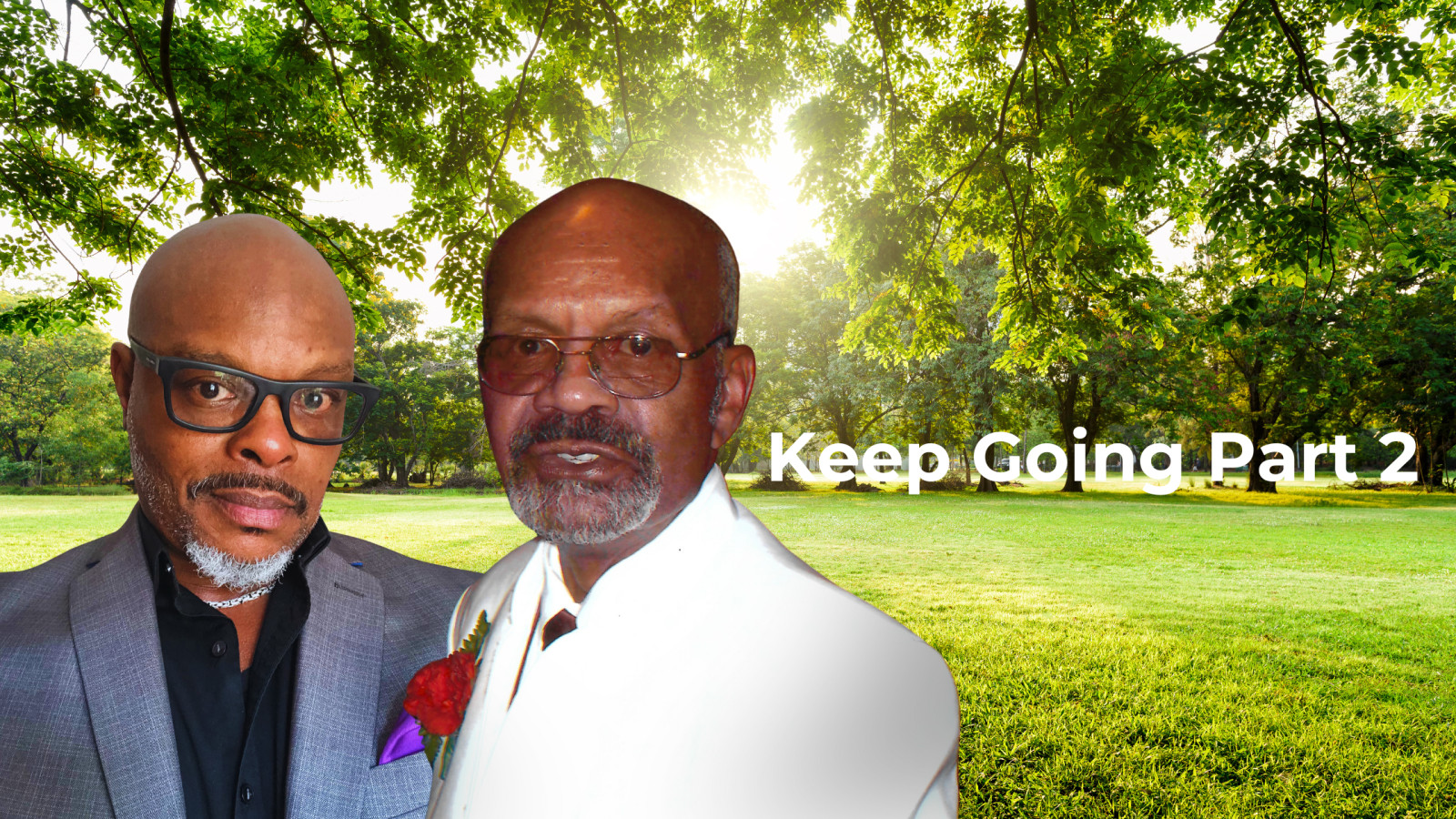
In the journey of life, it's easy to mistake busyness for progress. After experiencing significant personal loss, including the death of a father and multiple family members, the realization dawned that constant activity was merely a way to avoid confronting grief. Instead of truly moving forward, the cycle of staying busy with tasks like building a coaching practice and managing a website served as a distraction from the emotional limbo of non-acceptance and sadness.
Recognizing the difference between healthy distractions and avoidant coping is crucial for healing. Healthy distractions provide a brief respite, allowing one to return to grief with renewed clarity, while avoidant coping uses perpetual busyness to suppress emotions, hindering the healing process. Acknowledging the signs of avoidant coping, such as feeling emotionally drained despite constant activity and using distractions like binge-watching to numb emotions, is the first step toward genuine progress.
Moving forward is not about forgetting those who have been lost or simply staying busy until time heals all wounds. It involves acknowledging pain while making space for new experiences, joy, and growth. Embracing the process of moving on requires stillness, defining what it means personally, and allowing joy back into life, understanding that it is not a betrayal but a sign of healing.
Read more...
The beginning of 2025 has been marked by a wave of mass layoffs across various industries, significantly impacting the workforce and reshaping the job market landscape. With companies like Kohl's and Meta cutting costs due to economic downturns and restructuring, thousands of employees are finding themselves without jobs and grappling with the accompanying emotional turmoil. The federal government, typically seen as a bastion of job security, is also experiencing layoffs, compounding the uncertainty as budget reductions and political shifts lead to job losses.
The emotional impact of these layoffs extends beyond financial instability, affecting personal and professional identities. Employees are often blindsided, experiencing shock, anger, and self-doubt as they navigate the abrupt end of their careers and question their value in the job market. For some, like former Meta employees labeled as low-performing, the reputational damage adds an additional layer of stress, potentially affecting future job prospects.
Despite the challenges, this period of upheaval also presents opportunities for reinvention. Many laid-off workers are using this time to pivot towards new career paths, upskill through online courses, or even explore entrepreneurship. Resilience, strategic planning, and support networks are integral as individuals work to reframe their narratives, secure financial stability, and embrace their next career chapter. Organizations like PR4LIFE provide guidance and resources to help individuals rebuild and thrive in these uncertain times.
Read more...